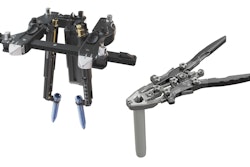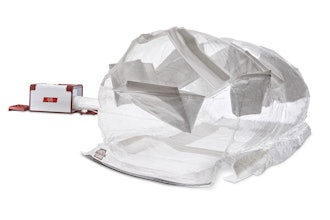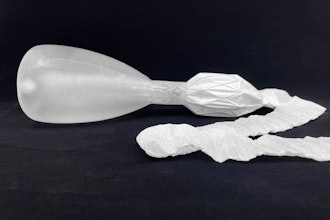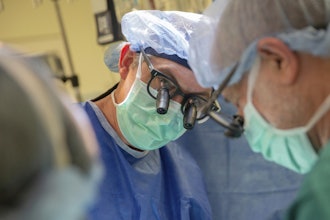
Virtual Incision Corporation today announced its De Novo request was submitted and is under substantive review by the U.S. Food and Drug Administration (FDA). The submission seeks authorization to market the MIRA Surgical System for use in bowel resection procedures and comes on the heels of Virtual Incision’s completed Investigational Device Exemption (IDE) clinical study.
If granted, MIRA will become the first robotic-assisted surgery (RAS) device to obtain marketing authorization through the De Novo pathway for use in bowel resection procedures, making it a trailblazer in soft tissue robotics. Beyond granting Virtual Incision the ability to commercialize MIRA in the U.S. for its intended use, authorization may lay the foundations for expanded procedural indications, entry into international markets, additional instruments and accessories, and future generations of the surgical system.
“Throughout the history of RAS, only a few companies have managed to reach this significant milestone,” said John Murphy, president, and chief executive officer of Virtual Incision. “If we are successful with our submission, the FDA De Novo pathway will establish MIRA in a brand-new medical device category of miniaturized RAS. Our design is disruptive and highly differentiated among the current landscape of available and emerging technologies. We are proud of the data we collected, as it demonstrates the capabilities of MIRA in one of the most complex multi-quadrant abdominal procedures. We also observed many operational efficiencies that make the miniaturized approach so unique and potentially scalable to the millions of patients who could be candidates for RAS each year.”
If Virtual Incision obtains marketing authorization, the company plans to initiate a limited launch of MIRA in select centers across the U.S. These centers will aim to leverage the efficiencies created with MIRA to expand the number of patients they can treat with RAS. Their experiences will serve as best practices for the broader launch. In the longer term, the objective is to enable wide adoption in any healthcare facility for any patient undergoing abdominal surgery.






















